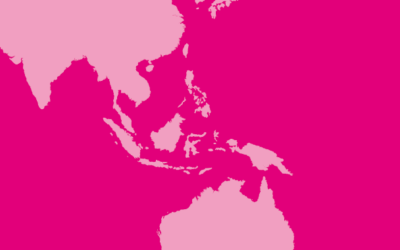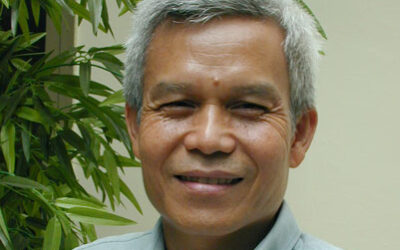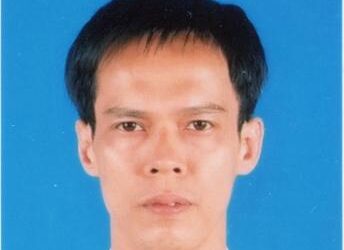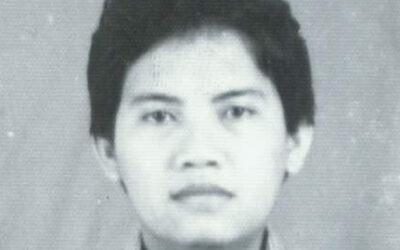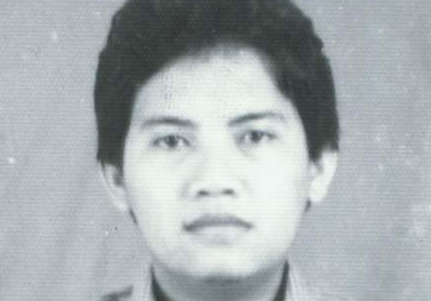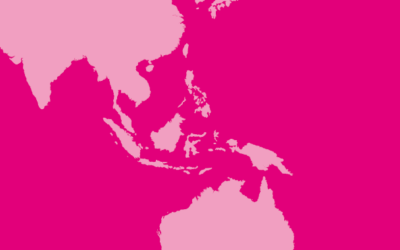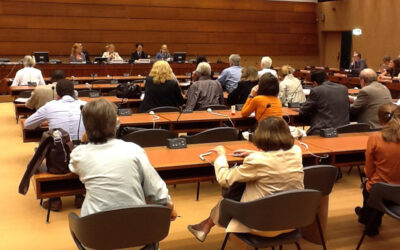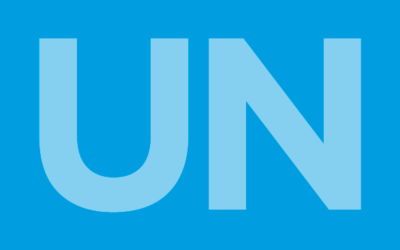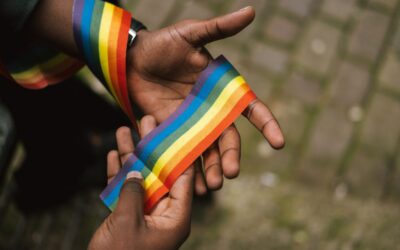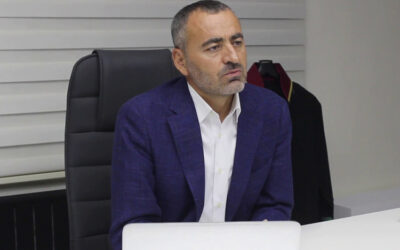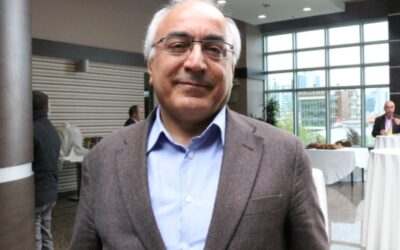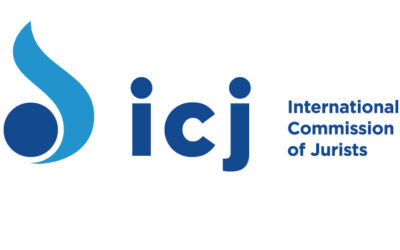The ICJ condemned the execution in Indonesia of six persons convicted of drug trafficking offences. Other rights groups issued similar denunciations.
Search results
Concluding Observations, CEDAW/C/IND/CO/4-5, 24 July 2014: India
C. Principal areas of concern and recommendations Violence against women 10. The Committee notes...
Concluding Observations, CEDAW/C/IND/CO/4-5, 2 July 2014: India
Violence against women 10. The Committee notes the State party’s efforts to enact a legal...
Russian Federation: International treaty status
[table] ,Ratification accession or succession International Covenant on Civil and Political...
South Sudan: International treaty status
As of 12 June 2014, South Sudan was a party to the Geneva Conventions of 1949 and their two...
Swaziland: International treaty status
The following table sets out the status of a range of international treaties in Swaziland as of 12...
Lao PDR: government must tackle enforced disappearance case
The ICJ today called on the Lao PDR government to carry out a thorough and impartial investigation into the ‘disappearance’ of prominent development activist Sombath Somphone to clarify his fate or whereabouts.
Viet Nam – lift retaliatory travel restrictions on human rights defender
The ICJ today called on the government of Viet Nam to immediately return human rights defender Pham Chi Dung’s passport so he can travel to the United States to testify before Congress later this month.
Myanmar: International treaty status
The following table sets out the status of a range of international treaties in Myanmar as of 15...
Myanmar: Constitutional structure
In August 2003, Prime Minister General Khin Nyunt announced a “Seven Step Roadmap to...
Report of the Special Rapporteur on extreme poverty and human rights, A/HRC/23/36/Add.2, 30 May 2013: Mongolia
III. Legal and institutional framework 14. The Constitution unambiguously states that no...
Report of the Working Group on the issue of discrimination against women in law and in practice, A/HRC/23/50/Add.1, 15 March 2013: Moldova
III. The legal framework and its implementation: improvements and challenges 17. Article...
Concluding Observations, CEDAW/C/MKD/CO/4-5, 1 March 2013: Macedonia, the former Yugoslav Republic of
10. While noting that discrimination based on sex is prohibited by Article 9 of the Constitution,...
Open letter to the President of Indonesia on enforced disappearances
Concluding Observations, CEDAW/C/CRI/CO/5-6, 2 August 2011: Costa Rica
40. The Committee takes note of the establishment of regulations aiming to respect the identity of...
Concluding Observations, CAT/C/FIN/CO/5-6, 29 June 2011: Finland
24. While taking note with satisfaction that the State party committed itself to making the...
Report of the Independent Expert on the situation of human rights in Burundi, A/HRC/16/CRP.1, 29 September 2010
IV. HUMAN RIGHTS SITUATION A. Major human rights violations and abuses 5. Gender equality and...
Sri Lanka: the government must strengthen the justice system and agree to re-establish the international monitoring presence
The ICJ expressed dismay at the Sri Lankan government’s complacent responses to mounting criticism of deteriorating human rights situation in the country.
ICJ intervention on the annual report of the UN High Commissioner for human rights
The ICJ in its intervention of 7 March 2008 welcomed the OHCHR’s initiatives for the protection of human rights through defence and strengthening of the rule of law.
UN Human Rights Council: ICJ calls on states to turn to protection of human rights worldwide after year-long attempts to weaken Council
The ICJ called on states to address urgent and chronic human rights problems around the world and to overcome repeated attempts to reduce the effectiveness of the Human Rights Council.
Uganda: The enactment of “the Anti-Homosexuality Act, 2023” will foster further stigma, discrimination and violence against lesbian, gay, bisexual, transgender and intersex persons
In the aftermath of President Yoweri Museveni signing into law the so-called “Anti-Homosexuality Act”, the International Commission of Jurists (ICJ) stands in solidarity with lesbian, gay, bisexual, transgender and intersex (LGBTI) people in Uganda. The ICJ vehemently condemns Uganda’s continual clampdown on the human rights of LGBTI persons and strongly denounces the passage of this discriminatory law.
Turkey: Stop prosecution of lawyer Cihan Aydın
The International Commission of Jurists (ICJ) called today on Turkish authorities to immediately drop charges of ‘propaganda for terrorism’ against Cihan Aydın, a lawyer and former President of the Diyarbakır Bar Association.
Cihan Aydın learned that he was the subject of a criminal investigation on May 26, apparently based on a statement of the Women Rights Centre of the Diyarbakir Bar Association in 2019 calling for an end to Turkish military action in Syria and calling for diplomatic resolution of the conflict.
Aydın, the President of Diyarbakır Bar Association until April 2021, is known for his human rights litigation and advocacy before domestic courts as well as the European Court of Human Rights including in high-profile and sensitive cases.
The charges amount to an unjustified interference with freedom of expression, the ICJ said.
“This criminal investigation is yet another case of the misuse of criminal proceedings to attack lawyers and human rights defenders in Turkey,” said Roisin Pillay, ICJ’s Europe and Central Asia Director. “The charge against Cihan Aydin of propaganda for terrorism, based on a call for peace by an institution within the Bar Association, is clearly arbitrary, in violation of freedom of political expression, and should be dropped. The criminal law should never be applied to suppress a call on the government to pursue a peaceful solution to conflict.”
Turkey has obligations under international human rights law, including under Article 10 of the European Convention on Human Rights (ECHR) and Article 19 of the International Covenant on Civil and Political Rights (ICCPR) to uphold freedom of expression, which can only be restricted to the extent strictly necessary and proportionate to a legitimate aim. Speech on matters of public interest, including political debate or criticism of government policy, must be particularly protected. Moreover, under Article 20 of the ICCPR, states have a duty to protect against war propaganda, and that duty is likely to be undermined if a state seeks to prohibit and punish views that may be critical of war.
Background
On 26 May 2021, Aydin was requested to give his statement about the accusation of “propaganda for terrorism”.
This prosecution follows other investigations against the Diyabakir Bar Association: following a statement about the statement on Armenian Genocide and a statement denouncing the Head of Religious Affairs Directorate for his comments about LGBTI.
The ICJ has extensively documented government persecution of lawyers in Turkey as well as improper restrictions on freedom of expression:
- Expert opinion by the International Commission of Jurists in trial for hate speech against Turkish Medical Association
- ICJ and IHOP Joint Statement on Access to Justice in Turkey
- Press Statements on undue detention and prosecutions of lawyers here and here (add lings: criminal charges, detention of lawyers, representing clients, death of lawyer
- ICJ and HRW Statement on reform of the legal profession
- ICJ UPR Submission
- ICJ Report, Justice Suspended
Turkey : Immediately free lawyer and human rights defender Öztürk Türkdoğan
The ICJ called today on the Turkish authorities to immediately release human rights defender and lawyer Öztürk Türkdoğan, who was arrested this morning after an unlawful search of his home. The charges against him, if any, are unkown and he is currently being held without access to his lawyer.
Öztürk Türkdoğan is the chair of the Human Rights Association and a lawyer and member of the Ankara Bar Association.
“The arrest and search of Öztürk Türkdoğan’s continues a systematic pattern of misuse of the criminal law to harass and persecute human rights defenders and lawyers in Turkey in recent years,” said Roisin Pillay, ICJ’s Europe and Central Asia Programme Director. “Öztürk Türkdoğan must be released immediately. If he remains in detention then he must be ensured immediate and confidential access to a lawyer, and be informed of the nature of any charges against him and brought promptly before a court.”
The arrest occurred during a search of Öztürk Türkdoğan’s home without the presence of a lawyer, which is in direct contravention of Turkish criminal procedural law.
While no information has been made available on the charges against Öztürk Türkdoğan, he is currently being detained without access to a lawyer for 24 hours, which indicates that the charges are likely related to terrorism or to offences against the State. These offences, contrary to obligations under international human rights law, are vaguely and broadly defined and have been long used and abused by prosecutors in Turkey to suppress human rights defenders, lawyers and political opponents.
Under international human rights law, anyone arrested has a right to prompt and confidential access to a lawyer, and to information on the charges against them. Arrests and searches of homes must not be arbitrary and must be carried out in compliance with international standards and national laws and procedures.
“Hundreds of lawyers, judges and prosecutors have been improperly arrested, harassed and detained in the past few years by Turkish authorities ” said Roisin Pillay. “Using the criminal justice system in this way is contrary to the most fundamental principles of the rule of law.”
Background
Systematic violations of human rights in investigation and prosecution of counter-terrorism offences in Turkey have also been documented by the UN Special Rapporteur on the promotion and protection of human rights while countering terrorism, the UN Special Rapporteur on the situation of human rights defenders, the UN Special Rapporteur on the independence of judges and lawyers, theWorking Group on Arbitrary Detention, the Special Rapporteur on the rights to freedom of peaceful assembly and of association and the Special Rapporteur on the promotion and protection of the right to freedom of opinion and expression, and the Commissioner for Human Rights of the Council of Europe.
The ICJ has extensively documented these violations:
- ICJ and IHOP Joint Statement on Access to Justice in Turkey: https://www.icj.org/wp-content/uploads/2020/12/ICJIHOP-JointStatement-2020-EN.pdf
- Press Statements on undue detention and prosecutions of lawyers here and here (add lings https://www.icj.org/turkey-drop-criminal-charges-against-chair-and-board-members-of-istanbul-bar/ https://www.icj.org/turkey-end-detention-of-lawyers-held-for-representing-clients-says-icj/ https://www.icj.org/turkey-end-detention-of-lawyers-held-for-representing-clients-says-icj/ https://www.icj.org/icj-mourns-the-death-of-human-rights-lawyer-ebru-timtik/
- ICJ and HRW Statement on reform of the legal profession: https://www.icj.org/turkey-plan-to-divide-undermine-legal-profession/
- ICJ UPR Submission: https://www.icj.org/turkey-icj-submission-to-the-un-universal-periodic-review-upr/
- ICJ Report, Justice Suspended: https://www.icj.org/wp-content/uploads/2018/12/Turkey-Access-to-justice-Publications-Reports-2018-ENG.pdf
ICJ E-Bulletin on counter-terrorism and human rights – no. 106
Read the 106th issue of ICJ's monthly newsletter on proposed and actual changes in...

